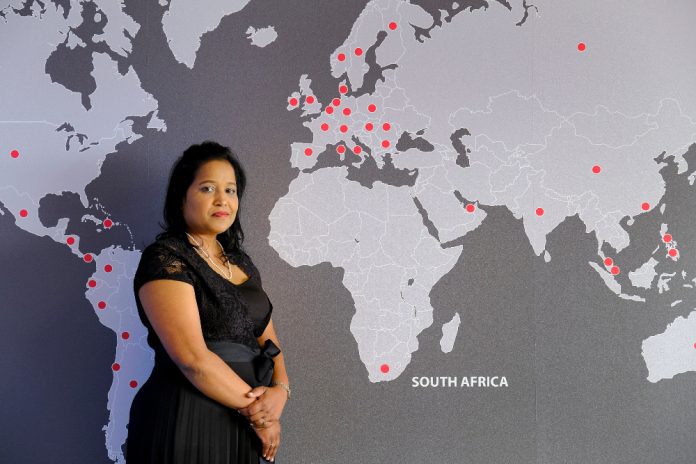The IDC forecasts that South Africa’s IT spend will be $12.78 billion (R197 billion) in 2021, an increase of 5.2% over the previous year. One of the biggest contributors to this figure is software and cloud spend, which has grown exponentially since the start of the pandemic.
As organisations rushed to enable remote working, many companies hastily procured software without being fully informed of their longer-term needs. This has potentially resulted in rigid multi-year contracts, overspend on licensing, limited processes in place to manage and control usage and therefore spend, leading to severe implications for future budgets.
As the local business world settles into a hybrid of remote and office-based employees, software requirements will change again. Staff numbers may have changed, requiring a greater or reduced number of software licenses. Some on-premises applications that are licensed by location will be back in use and may need additional licenses. In addition, to ensure remote workers are kept safe, different license SKUs – like E5 Microsoft 365 with added security features – will be required. But not all employees will require that level of security, and an E1 or E3 license may be a more cost-effective fit for them.
Now is the time to rethink software spend to ensure your tech budget is optimised, while avoiding sizeable non-compliance fines, and guaranteeing new ways of working are adequately supported.
Overspending culprits
International research firm Gartner estimated in 2020 that unused software may represent more than 20% of software expenditure in the average company. Wastage is often attributed to specialist programmes such as design software being deployed across the company, though only a few employees have the knowledge to use them to their full advantage.
Equally, this can leave a business at the mercy of the vendor if non-compliance is claimed following an audit. One in three pieces of software in South Africa is unlicensed, according to the BSA. This could open the company up to thousands, if not millions, in non-compliance bills. Having visibility into suspected non-compliance, applying the fixes needed, and, importantly, having a trusted partner to negotiate with the software vendor, can make all the difference.
On the other hand, organisations can cut software costs by 30 percent by implementing IT asset management. This helps to reduce the risk of non-compliance and its associated costs, as well as find areas to improve ROI on tech spend.
Software audit
To fully understand your software position, an internal audit is crucial. This shouldn’t be a once-off event but should be revisited annually as needs change over time – especially during and after the pandemic.
Such an audit should include an initial inventory of software assets, both on-premises and in the cloud, and the number and type of licenses (entitlement) that you have purchased. This data will allow you to assess any new, or old, software / applications that have been deployed and validate your compliance against the vendor contract.
With a clear picture of the company’s software estate, start looking at ways to reduce cost, such as removing unused software or moving to consumption-based contracts. By making sure you understand your unique business requirements and software estate year-round, you can revisit renewal negotiations annually, and consider renewing earlier in the quarter to take advantage of better pricing and discounts.
Internal audits and software tracking can be difficult to manage in-house. Interpreting complex software contract terms & conditions, reviewing purchase records and license entitlements, and taking effective remedial action where needed, often requires specialist knowledge. Consider investing in an external partner to help you navigate this process and who can continue to monitor your software situation on an ongoing basis. SoftwareONE’s professional services have provided invaluable insights and savings to our customers. Since the start of Covid-19 lockdown, we have on average seen a 97-1 return on investment, which means that for every rand spent, ninety seven is saved from either an audit, an agreement renewal, an optimisation of on-going cloud spend, or a proactive reduction of identified risk and non-compliance.
As digital transformation accelerates, it will become even more important to make the most of your IT investment. Making smart software decisions isn’t simply about getting the best price but ensuring you’re getting the best solution for your unique business.
By: Marilyn Moodley- Country Leader for South Africa and WECA (West, East, Central Africa) at SoftwareONE








